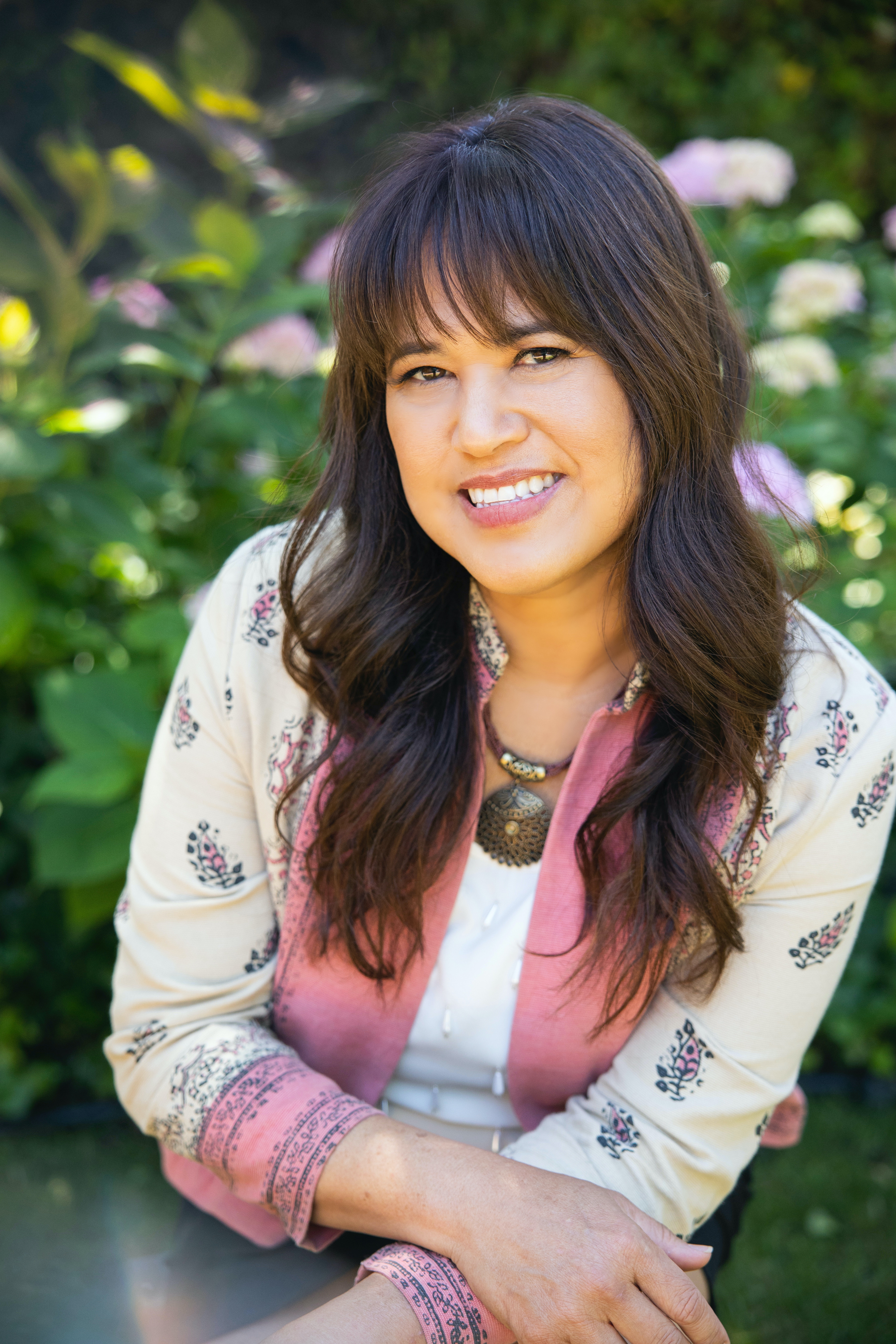The Glitch that High IQ Can’t Fix
Arianna Huffington’s signature “tough-love” intervention in her recent Open Letter to Elon Musk brings an important point to light. Lack of genius is not the reason why Elon’s leadership abilities are currently under fire.
Arianna is well-known for leading Thrive Global’s wellness revolution by challenging negative cultural trends, such as the 24/7 work ethic mass delusion and lack of sleep. She takes issue that Elon typically applies his brilliant grasp of the latest science in resolving difficult work challenges, yet in regard to himself, relies on “a wildly outdated, anti-scientific and horribly inefficient way of using human energy. It’s like trying to launch us into our clean energy future (or into space) with a coal-fired steam engine. It just won’t work.”
She is referring to the negative impact that 120-hour weeks, days-long stretches inside the Tesla factory without going outside or on vacations, and spending his last birthday at work, without friends or family, are bound to have on his overall well-being, clarity of mind and judgment, and leadership skills. They are dangerously not up-to-par with his grand visions for the world and the power he has to execute them.
The High IQ Illusion of Invincibility
At the root of this Elon’s blindspot — a phenomenon as big as the Bermuda Triangle among many of today’s leaders in every industry and field — lies a strong overemphasis on intellectual ingenuity and achievements, reinforced by social approval, unchallenged definitions of success, financial rewards, and performance awards. Formal education plays a big role in shaping these trends and the high IQ illusion of invincibility, which start as early as kindergarten and grade school and peak in graduate school.
In It’s not your IQ that matters,” Cornell University Professor Robert Sternberg and wisdom researcher, tells Joe Desena, bestselling author of the Spartan Race and host of top performance podcast, Spartan Up, about his efforts in shaking up this cultural trend and status quo. He consults with college admissions and creates programs to better select and cultivate real “future leaders who will make a positive and meaningful difference to the world.” In his opinion, this should be the responsibility and focus of good universities.
Sternberg advises teachers and university selection committees to place less emphasis on traditional IQ, standardized tests, academic performance, and grades, because these measures are poor predictors of true leaders. He points out that most of his brightest colleagues have disappeared and do not seem all that interested in applying their genius in making the world a better place.
Why? According to Sternberg, some obstacle probably got in the way and their high intellect was not able to overcome it. He notes that qualities related to emotional intelligence, creative thinking, common sense, wisdom, risk-taking, compassion, and ethics have been found to be far superior in overcoming life’s obstacles and succeeding in the broader sense of the word.
The Unhelpful Help I Received
While this is not a given, high intelligence can lead to narrow-minded, self-centeredness, which can either become an obstacle in and of itself or prevent other ambitions related to the greater good from emerging altogether. These tendencies can be self-propelled, but in my situation, teachers, academic advisors and mentors were very instrumental in promoting this unsettling mindset.
There are three pivotal moments in my life where trusted teachers and mentors misguided me because of their own biases. Despite knowing deep down that I disagreed with their opinions and advice, I was too impressionable to trust my inner truth. I struggled for years with self-doubt, alienation and heart-ache because of the derailed detours they led me on.
The first time was in high school. My Calculus teacher attempted to give us sound college advice by making sure smart cookies like us steered away from Mickey Mouse majors, such as psychology. The second time was as an undergraduate psychology major researching graduate programs. Letters and awards by prestigious faculty and institutions identified me as a “rising star” within the rigorous research-oriented specializations of psychology. The practical and healing fields that I was interested in were treated as second-class options.
The more I followed my heart and my inner wisdom, the more ousted I felt in these “touchy-feely” and untouchable margins of my field. The third time happened after I got accepted into my clinical psychology program on the only and last full scholarship for ethnic minority students. In my ethics class, I realized that honoring my roots inadvertently meant going rogue, because the evidence-based research that my healing intuition needed to be in ethical compliance with my profession had not been conceived yet.
The Rise of Wisdom Research
Fast forward twenty years. The Center of Practical Wisdom at the University of Chicago opened its doors in 2016 and has become a central hub for wisdom researchers across the world. Their studies and collective reform movement are still considered to be in their toddler stages, but they are already making big waves. They are streamlining, conducting, organizing, and sharing research findings that support the teaching of wisdom skills to doctors, healers, psychologists, educators, and the next generation, and their efforts are gaining traction and notable attention in academia, business, and progressive think-tanks.
The wide-spread acceptance of wisdom research is particularly refreshing because wise introspection and contemplation had been the preserve of philosophy and religion and kept out of psychology. Case studies or self-report were not rigorous enough to make it into the pool of evidence-based clinical interventions, which were primarily outcome studies requiring random and controlled samples and statistical analyses. Moreover, wisdom lacked a clear definition, and it didn’t help matters that psychology had until recently been treated as a bastard child of medicine, a wanna-be field of study who would never measure up to the rigors of hard science and the medical field.
Clinical Psychology Research Carving its Unique Path and Worth
Pegging complex human behavior in neat empirical boxes is a mammoth task and perhaps not the wisest. Clinical psychology, in particular, is finally trailblazing and owning its unique path and research identity, based on its own merits and for reasons that Elon so poignantly demonstrates: human behavior is often not driven by logic. Self-care is cultivated by soft skills and traits other than intelligence that are in dire need of deeper and further study.
The evidence-based wisdom project is an organization that translates academic research regarding the science and psychology of wisdom into understandable and helpful resources for the wider public. This research is also filling an important gap for mental health providers. My student life and professional trajectory would have been so much less stressful if I had this kind of research validation to support my holistic healing inclinations, instead of needing to rely on mantras from wisdom teachers, plastered all over my notebooks, to validate my resistance and help get me through my classes and day.
The most current meta-analysis of 24 studies that focused on defining wisdom as a research construct has led to a composite of the following nine traits: Reflection/Self-Understanding, Pro-Social Behavior, Emotional Homeostasis, Social/Pragmatic Knowledge of Life, Value Relativism/Tolerance, Uncertainty Management, Spirituality, Humor, and Openness to New Experiences.
May this rich knowledge about wisdom allow clinical psychology to establish and redeem itself as a legitimate and valuable field of study –– even though it’s veering more and more away from medical and pharmaceutical models of research ––, not just within the public-at-large, but also among leaders, academics, hard scientists, mental health boards, and those with high IQ’s. May this renaissance of useful research remedy the neglected areas that have stunted our growth as a society: by helping top leaders reconnect to what truly matters in terms of their health and wellness and by supporting the impressionable next generation in their quest for wholeness, meaning, and fulfillment.

{Source: Unsplash Image by Gordon Williams}
Be (a) Well Bonus Resource: Learn to BE at least 1 degree more PRESENT in WHOLENESS than in wounding so that you can resist with resilience and persist with passion and purpose.
Visit Loraine Van Tuyl’s cozy online home-base, the Sacred Healing Well, for free gifts and laser-sharp guidance: her elegant soul alchemy action map, a barrier-busting meditation, and the first chapter of her book, Amazon Wisdom Keeper: A Psychologist’s Memoir of Spiritual Awakening.
Check out her private Facebook group, Empowering Gaia’s Goddesses & Global Game-changers, for true sisterly support from high-caliber women leaders from all walks of life and fields. Step up your game and expand with Gaia’s grace and guidance with her Soul Sanctuary Alchemy self-empowerment course. Game-changing playbook and sign-up list here.


